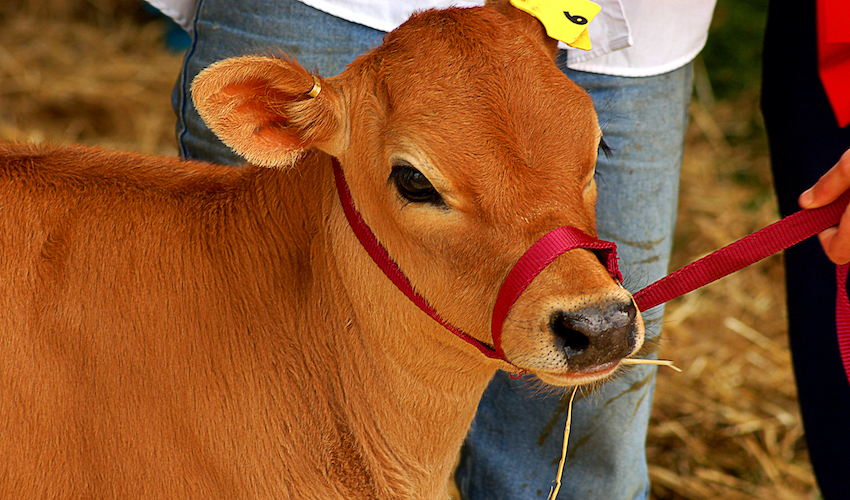


The earnings of hotel, restaurant and bar workers have been dealt their biggest blow in 25 years.
Amid covid restrictions' impact on trading, the average hospitality worker is now earning around £200 less than those working in other sectors each week.
The figures came in the latest Index of Average Earnings Report, which was compiled using data from businesses and the public sector to give a reflection of how the earnings have changed between June 2019 and 2020.

Pictured: Hospitality workers' earnings have been substantially hit by the pandemic.
Hospitality workers’ earnings decreased by 10.2% on an annual basis – the last reported decrease in average earnings for the sector was in 1995. The report grounds this in “substantially fewer hours and less overtime being worked as a result of the covid-19 restrictions.”
The sector was recorded as having the lowest weekly average earnings of any sector in June 2020 of £410 a week – more than £200 less than the average across all sectors.
Almost all businesses (97%) in the hotels, restaurants and bars sector reported that their earnings figures had been affected by the virus crisis, with almost three-quarters (73%) citing reduced working hours.
It’s hoped that the Government’s £100 ‘treat’ voucher scheme will give the industry a boost, but many industry representatives want to see more targeted support in the coming months, particularly as the lifeline co-funded payroll scheme is now being phased out.

Pictured: The Chief Minister with a £100 voucher, which it's hoped will give the struggling hospitality sector a boost.
According to the earnings review, agriculture workers were also hit hard, experiencing their biggest drop since 2011.
The report details how the earnings for the farming sector “fell by 11.9% on an annual basis”, adding that “the rise in the minimum wage was more than offset by a large decrease in hours worked in June 2020 compared to June 2019.”
Two-thirds (67%) of wholesale and retail companies reported that their earnings had been affected by the pandemic, as did more than a quarter (28%) of companies in construction and a sixth (16%) in finance.
Despite these difficulties, average weekly earnings in Jersey across all sectors actually rose by 1.1%.

Pictured: Farming was also hit hard.
However, the annual increase was 1.5% down on June 2019’s 2.6% figure, and the lowest that had been recorded in ten years.
When rises in the cost of living are taken into account, the real-terms annual increase was around just 0.5%.
Looking at the private and public sectors individually, the private sector had recorded an annual increase of 0.7% - the lowest annual increase in the sector for 25 years, since it started being recorded separately.

Pictured: A graph showing a breakdown of the percentage shift in earnings by sector.
The public sector fared better, with a 3.3% increase, which the report puts down to “the implementation of scheduled pay awards for the majority of pay groups”, though it emphasises that comparison of the public and private sector earnings is “complicated by lags in the implementation of pay awards for some public sector pay groups.”
Highlighting the context of covid, Statistics Jersey asked additional questions of companies ahead of compiling their report.
They found that “the majority (95%) of companies included in the survey reported that they had traded for the full month of June 2020; a further 3% had traded for part of the month; and 2% had not traded at all.”
Comments
Comments on this story express the views of the commentator only, not Bailiwick Publishing. We are unable to guarantee the accuracy of any of those comments.